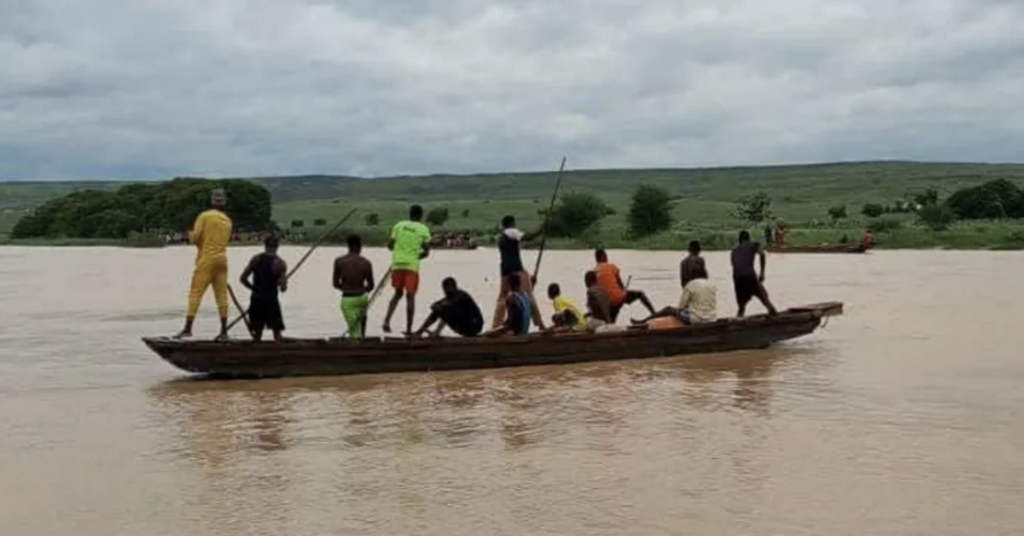Rescuers in Nigeria are racing against time to locate dozens of people who remain missing after a boat capsized in one of the country’s inland waterways. The vessel, carrying passengers across a river in a northern state, overturned late Sunday, leaving families devastated and communities in shock. While some survivors were pulled from the water, many others are feared dead.
Local authorities and emergency services have confirmed that rescue operations are underway, with teams using speedboats and divers to search the river. However, strong currents, poor visibility, and a lack of adequate rescue equipment have slowed progress. “We are doing everything possible to find the missing passengers, but conditions are difficult,” one official said.
Boat accidents are tragically common in Nigeria, where waterways serve as a major means of transport for many rural communities. Overcrowding is one of the leading causes, as operators often pack vessels beyond their capacity to maximize earnings. Poorly maintained boats, combined with a lack of life jackets, further increase the risks. In many cases, safety regulations exist but are rarely enforced, leaving passengers vulnerable.
According to the International Rescue Federation, hundreds of lives are lost each year in Nigeria due to boat mishaps, particularly during the rainy season when rivers swell and currents become stronger. In some areas, passengers rely on wooden or makeshift boats that are ill-suited for turbulent waters.
Community leaders and safety advocates are now calling for stricter enforcement of maritime safety standards. They argue that better oversight, improved training for boat operators, and compulsory use of life jackets could prevent many of these tragedies.
For the families of those missing, however, immediate concerns are about recovery and closure. Many gathered along the riverbanks, anxiously waiting for updates, while local volunteers joined official rescue efforts.
The latest accident highlights the urgent need for Nigeria to address systemic failures in water transport safety. Without stronger regulations and investment in infrastructure, experts warn that similar tragedies will continue to claim lives.

